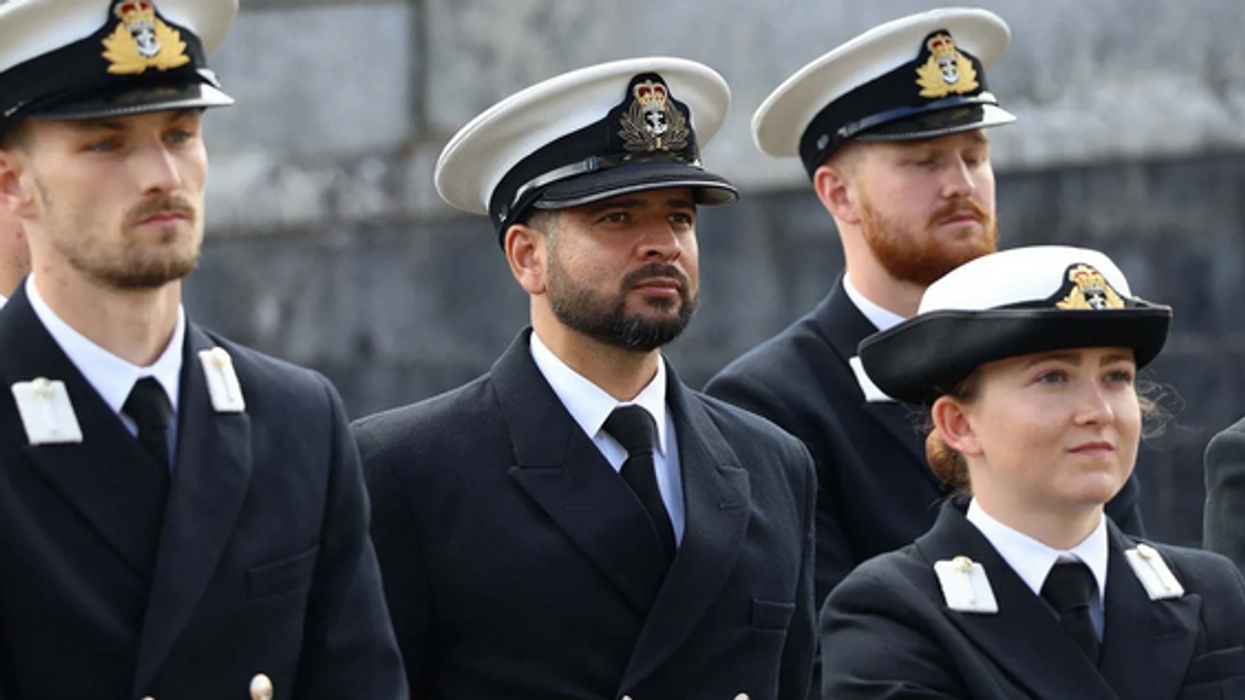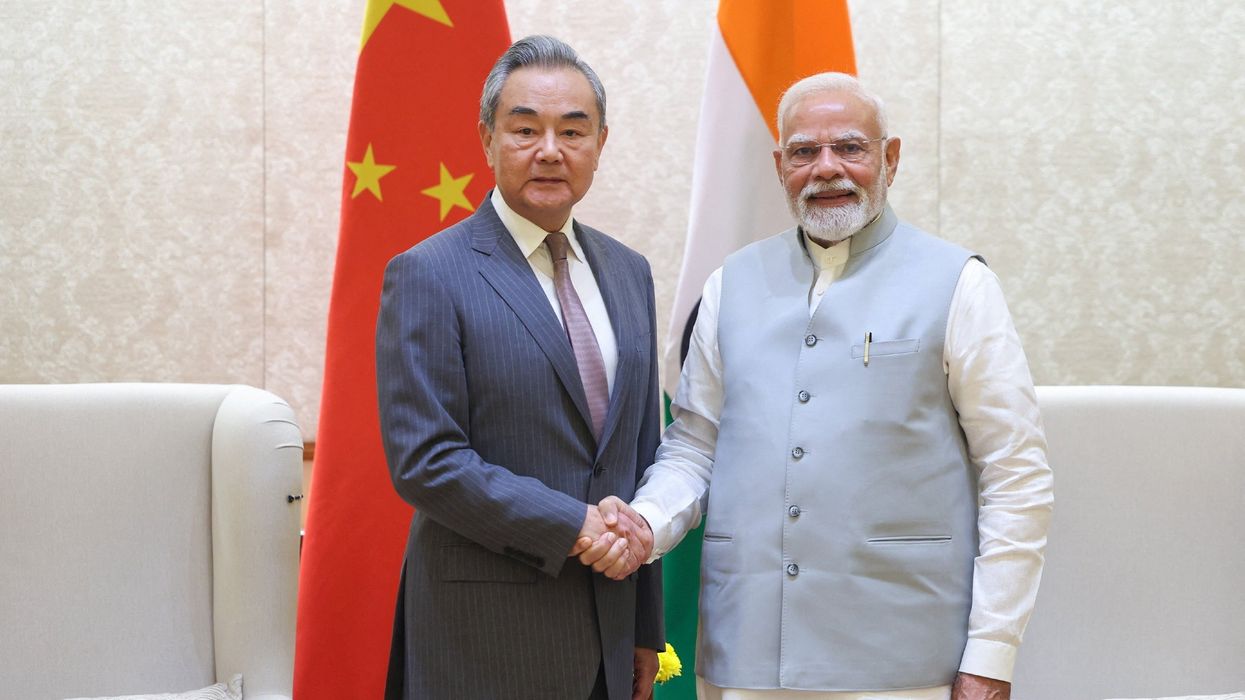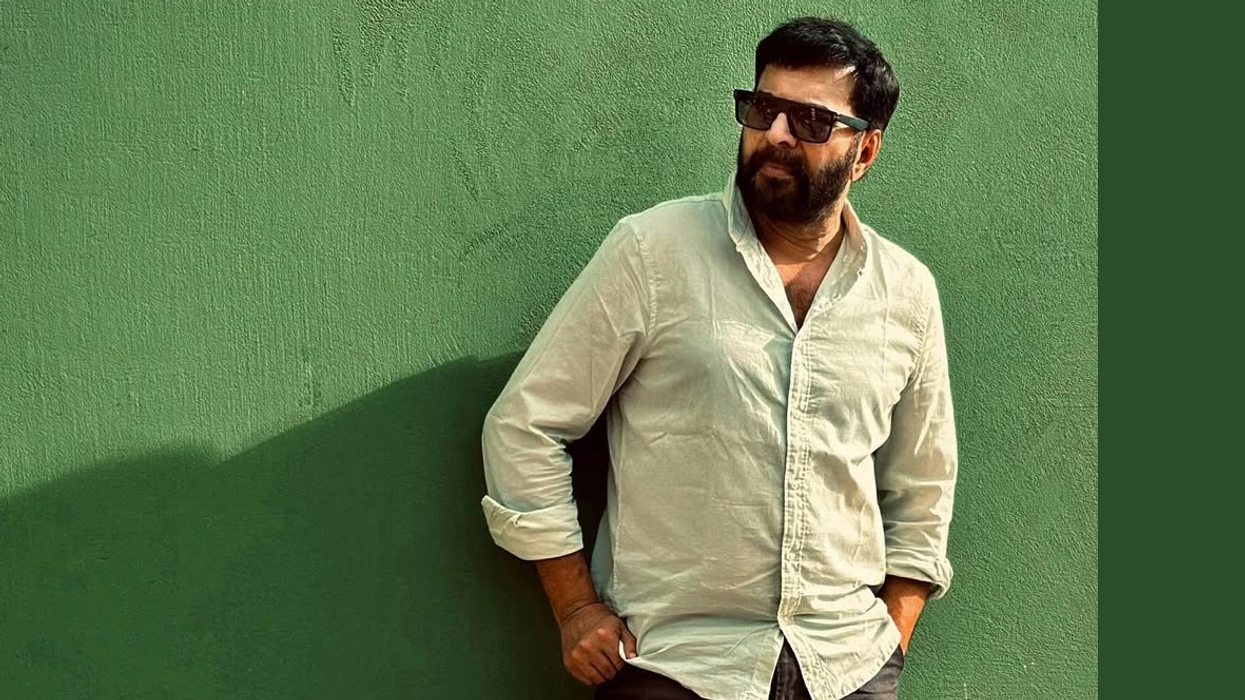PRIME MINISTER Sir Keir Starmer has called on Britons to reject hatred and division and instead work together to rebuild the country through unity, pride, and shared values.
In a personal and powerful message in the Sun for Sunday (21), Starmer warned that the UK faced a choice between a future of national renewal or a dangerous slide into division fuelled by populist voices.
His comments followed a mass protest earlier this month in London, where more than 100,000 people marched under the banner “Unite the Kingdom.” The protest, led by far-right figure Tommy Robinson and joined remotely by US tech billionaire Elon Musk, saw violent clashes with police, flares set off, and monuments scaled. Some demonstrators carried nationalist slogans and symbols, prompting concerns about the growing influence of extremist views.
Starmer criticized the violence and rhetoric and condemned those who are exploiting people’s frustrations to push hate and fear. He said while many people feel left behind, working harder but falling further behind, the answer was not to turn against one another.
“We’ve seen police officers assaulted. We’ve seen a nine-year-old black girl shot in a racist attack. Chinese takeaways have been defaced. That sends a shiver down the spine of every right-minded Brit. This is not who we are,” he wrote.
Reflecting on his own memories, Starmer recalled the 1996 Euros semi-final at Wembley Stadium, where fans across the country united behind the England football team. He described the feeling of standing in a crowd filled with flags and energy, where everyone - regardless of race, class, or background - cheered together for their country.
“That’s the power of our flag,” he said. “To make us all feel like part of Team England. Win or lose, north or south, black or white, old or young. Even Spurs and Arsenal were on the same team that day.”
Starmer argued that this kind of unity should be the foundation for Britain’s future, not the anger and fear promoted by populist figures. Without naming Musk, Robinson or Reform leader Nigel Farage, he criticised attempts to divide the country for their own gain, offering “no hope, no future, no answers,” only chaos and mistrust.
Starmer acknowledged that years of austerity and economic decline have left many people struggling. Public services have been stretched, high streets have emptied, and trust in politics has eroded. But rather than fuelling hatred, he said, the country must come together to rebuild.
He called for the chance for national renewal, where every person can play a part in creating a stronger and more united Britain.
Starmer pointed out how the Labour government is taking action - investing in housing, health, and childcare - to ease the burden on families and restore pride in the country.
Beyond policies, Starmer stressed the importance of identity and belonging. He said true patriotism means standing together, not turning against neighbours. The prime minister said, “This is a struggle for the heart and soul of our nation. But it’s not between ordinary people who want a better life. It’s between patriots who care about our country, and populists who only care about themselves.”
He made a call for hope, recalling the feeling of togetherness at Wembley nearly 30 years ago. “I want the electricity I felt in that stadium. A defiant Britain, a nation of decency and diversity, that still dares to stand together and believe in better.”
The answer to Britain’s problems was not in division, but in unity, pride, and a renewed belief in the power of community, he said


















